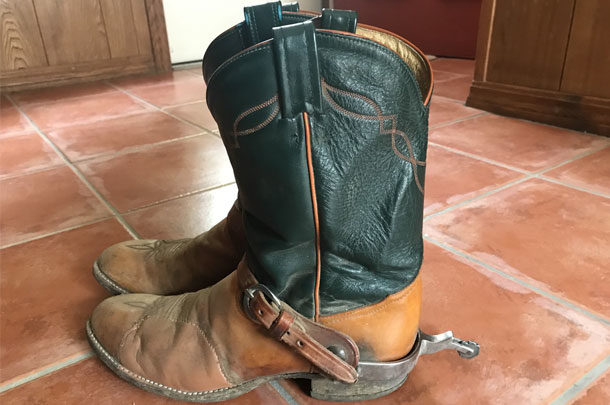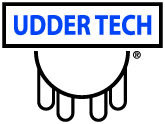My parents and grandparents lived through the great depression of the 1920s – an event that dramatically changed their lives and colored their worldviews. The depression had a profound effect on the finances of my kinfolk and produced a family mantra I heard constantly: “Use it up, wear it out, make do or do without.”
My wife’s grandmother lived to a few days short of 105 years of age. At the end, “Granny” had plenty to live on, however, until her dying day, she saved pieces of string. “You never know when you will need some string,” Granny would say (and by inference, not be able to afford to buy string). My wife’s mother saved scraps of soap too small to use for bathing, melted them down and made full-size bars of soap. I was raised in a household where conservation was not practiced because it was politically correct, but because that was the only way to keep utility costs low enough to enable my parents to pay the bills.
Ranching is a tough business. Many ranch families have one family member with a “day job” to help make ends meet. It is bad enough that producers have no control over cattle prices, but overhead often goes up faster than the price of beef. Need to save money? Enter the mantra with which I grew up: “Use it up, wear it out, make do or do without.”
Many of you have “dancing pumps” that resemble my boots in the picture above. My boot patches could mean I’m “using them up,” or “wearing them out,” or “making do.” The patches on my boots actually tell the tale of all three phrases. If your overhead is outstripping your profit, you might carefully consider ways to cut overhead by following my family mantra.
We all use pieces of baling wire to keep gates closed in a pinch. But, have you considered putting mostly worn-out tires from your daughter’s car on your welding trailer instead of buying new tires? Sometimes buying new is less expensive in the long run, but often, we can get more life out of a tool, part or item if we make a conscious decision to do so.
Part of the challenge we face in cutting overhead through careful conservation and “wearing it out” is getting buy-in from our families and paid help. If our “hands” (family or hired) have never had to “use it up, wear it out, make do or do without,” it may take some reminding when you put that management method into place. If you have historically bought new – tires, equipment, replacement parts – it may take some retraining to get everyone at your ranch on board with patching that lawnmower one more time rather than buying a new one. In order to stop purchases that increase overhead, you may have to require everyone on your ranch to get your OK for a while before they buy anything.
There are hundreds of places to put money on your bottom line if you think about it a bit. Buy rebuilt parts for equipment you use only a few times a year. Purchase the neighbor’s used bailer instead of a shiny new one. Spend 15 minutes with the welder to repair that fence stretcher. Take that pipe gate off the hinges and drive the feed truck over the bent rail instead of buying a new gate.
If you want to remind everyone on your place of the new way of saving money, print off the following picture and post it in your kitchen and barn.

My wife had a wall hanging created for the office after seeing the boot picture. Photo by James Beckham.












